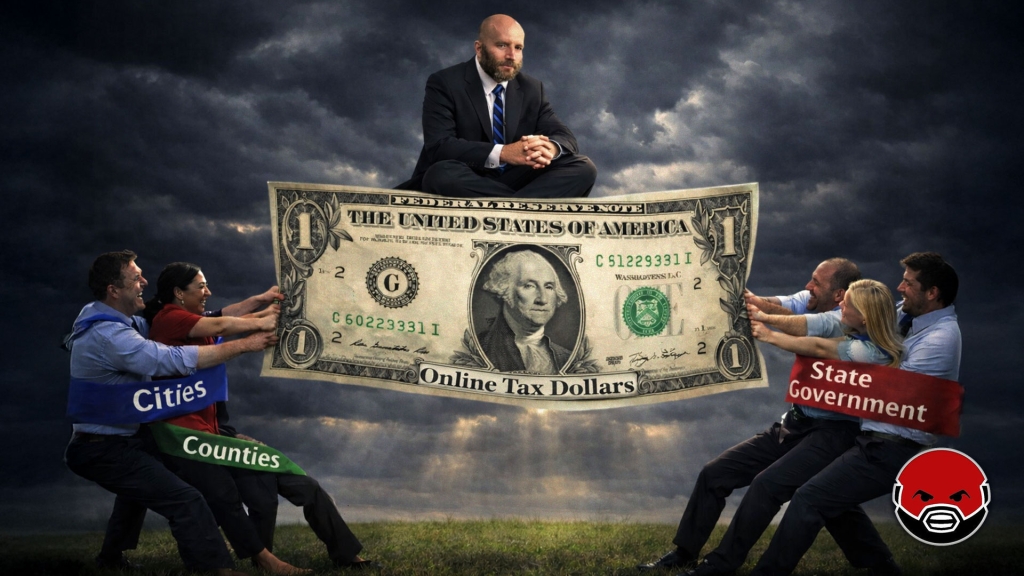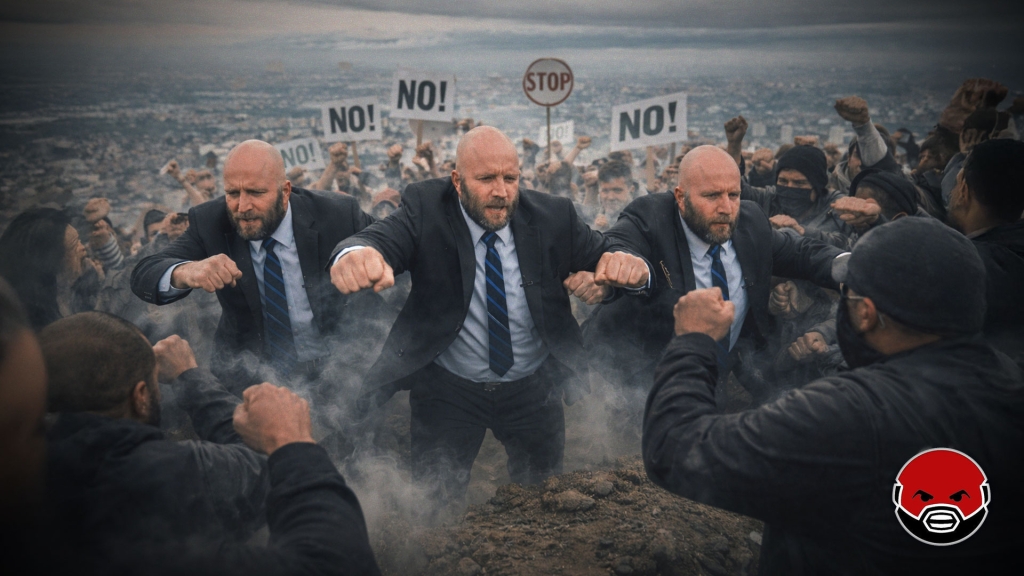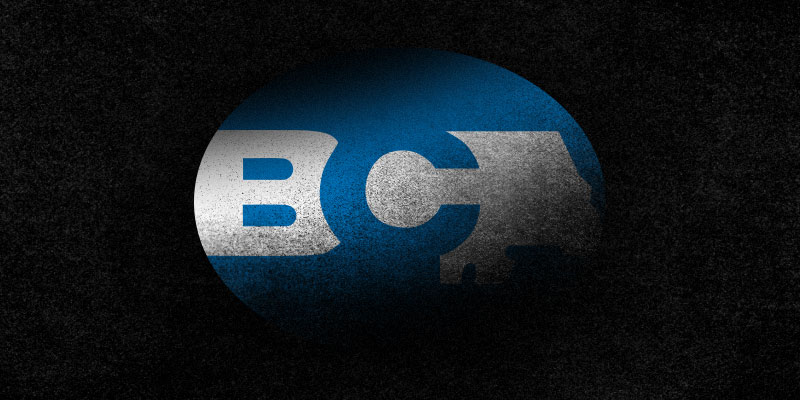Ivy League professors don’t normally write nice things about Alabama, especially when the topic veers into discussions of race and past (and current) injustices.
But not all Ivy League professors come from here. Thankfully Imani Perry does, and in next month’s print edition of Harper’s Magazine the Birmingham-native and current professor at Princeton University pens a beautifully honest and hopeful article about Alabama.
Do yourself a favor and read Perry’s entire article, titled “As Goes the South, so Goes the Nation,” but here are some of my favorite excerpts:
“For the nation, as Montgomery lives in 1956, Selma is frozen in 1965, and Birmingham is stuck in 1963—the hoses, the children, the singing—right there just like that forever. It’s a half-truth lie,” Perry writes, recalling how she often feels when visiting home. “I know because I have been going home and leaving home almost all my life. History haunts. But Alabama changes.”
History haunts. Alabama changes.
Truth from a fellow Southerner who knows the best tribute a native son or daughter can give their homeland is to speak of it with honesty and reverence. Our ancestors and our descendants deserve nothing less.
Perry begins by describing Mobile Bay and informing readers that our Port City, not New Orleans, is home to Mardi Gras.
“But I am not bitter at the status of New Orleans. That’s not why I mention this,” she writes. “I am just trying to shake loose what TV movies and official declarations have told you. Alabama is more than you think. Put another way: it’s been said, aptly, that Alabama is a long state with its head in Appalachia and its toes in the Gulf Coast—the gateway to the Caribbean and the Atlantic. Alabama is swampland, beach silt, mountains, cities and dirt roads, plump gourds hanging from trees cut down and hollowed out to house purple martins and fat finchlike birds called yellowhammers. It is a tessellated but uneven map of counties, events, senses that must be read, more than a little bit, with one’s feet and not with one’s predilections.”
She then explains the danger in writing about Alabama “because when you write about returning home, and home is a place that echoes with national wounds, you run the risk of making it seem as though home is frozen except when you, the expatriate, return. That kind of work often reeks of the egotism of the Northeastern writer—and the idea that the interpretation of everything worth knowing depends upon her. The trick, I think … is to remix past and present, where time syncopates and repeats in a mix of yearning, hope, and loss.”
Perry does this deftly, reminiscent of Rick Bragg.
My favorite passage is when Perry uses two unique aspects of Mobile Bay as a metaphor to describe our state’s history with slavery — one natural, the amazing Jubilee that happens along its eastern shore, and another manmade, the slave-founded Africatown community.
“The Africans never lost their homesickness,” Perry writes, noting that “Africans in Alabama … built their own world—Africatown.”
“The echoing horror of slavery cuts both ways. We are often afraid to say what we know is true. The South is disaster and it is also miracle. Death and birth and rebirth and haunting ghosts at once. A new people out of old ones. There is no better metaphor for this than what happens sometimes in baby-foot Mobile Bay in the summer. Before dawn, crustaceans, eels, sea crabs, and fish, a mess of them, swarm close to shore, wriggling and near-naked. This is called a jubilee. And people joyfully come and scoop up the bounty. Feasts follow. There is a horrifying poetry. In the gospel music tradition, Jubilee is the victorious day when the saints gather. In Mobile Bay, it is a day when the fish are slaughtered by the hundreds. A few live.”
Now a little honesty.
“The Black towns in the Black Belt are now dumping grounds—of fantasies and waste,” she wrote, describing the state’s poorest, nearly forgotten areas. “In random assortment through the woods there are abandoned cars rusted to the color of dried blood, and stacks of old unwanted papers. But worst is what comes from out of state. Matter of fact, our nation has turned Uniontown, Alabama, into one of its trash cans, burying it in the refuse of thirty-three states. “Landfill” is too clean a word for what they do. And that’s not all. As part of Uniontown’s sewage system, liquid waste is spewed into the air to land on the hard Alabama clay earth. The town is showered in shit.”
Perry, who often returns to Birmingham for Thanksgiving, then writes about the changes she’s seen through the years.
“Named after the industrial city in England, Birmingham was once a steel-mill town,” she writes. “There are now lofts and luxury malls and Whole Foods and Walmart Supercenters, but “city” doesn’t quite mean the same thing in the South as in the North, except for in Atlanta and maybe not even there. The edges curl and everything earthen is in sight, right out of the line, in your peripheral vision. It harkens to a time before concrete. My part of town … was once anchored in modernity by the steel mill, Ensley Ironworks. Now its dust has just settled atop the soil, yet under the weight of new construction.”
“So the conundrum: Alabama calls up the past but it is not stuck in the past.”
After describing the Port City, the Black Belt, Montgomery, and Birmingham, Perry sets her sights on the Huntsville area and provides an interesting bit of family history, shedding light on what life was like around the Rocket City a century ago.
“Hundreds of acres in Madison County belonged to my people, the Garners, with bushes of blueberries as big as grapes and trees hanging with peaches and plenty of animals,” she writes.
“According to the 1910 census, we went from owned to owners before we went from illiterate to literate. My mother remembers her granddaddy had so many field workers, and some were white. This fact dumbfounded me when I learned it as a child. But poor white folks had to eat, too.”
She ends her piece by describing all of the growth our state has experienced in recent years, especially in Huntsville — people leaving, then returning — and then reflects on a series of pictures of the area’s flora taken by her cousin.
“They are quiet and thick with spirit,” she writes of what grows wild in Alabama.
One might think she was writing about the beautiful trees and flowers she saw in her cousin’s pictures.
But back home, we know Perry is talking about us, her people.
@jpepperbryars is the editor of Yellowhammer News and the author of American Warfighter













